I am sick of writing posts in the wake of tragedies, and sickened to know that unless something drastically changes, they will continue to happen as they have for so many years. But I also know we can do better; I can do better. Specifically, allies need to do more in the times when there is no system-based tragedy making headlines. Therefore I am taking a 30-day ally challenge and I would love you to join me!
Sometimes trying to be an ally can feel overwhelming because there are so many social justice issues around the world to care about. Sometimes I end up doing nothing because I do not know where to begin, or how to begin. Sometimes I get stuck because I know there are people who dedicate their lives to social justice, whether on a global scale by people like Paul Farmer, or on a local scale, like the founders of the Wisconsin youth organization Proud Theater, and that as much as I would like to be, I am not one of them. It is too easy for daily life to get in the way when there is no crisis to respond to. I realize, of course, that the ability to not engage fully in a topic if it doesn’t fit in my schedule is the result of the many privileged identities I hold, but that does not change the fact that I often end up analyzing data or checking Facebook, rather than really engaging as an ally.
If you are like me, and want to do more to make the world better but are feeling stuck, let’s try this month-long experiment together. I would contend, as others have, that being an ally is a verb rather than an identity label. It is not something someone is, but something someone does, and therefore something we can practice daily in order to improve.
This is my plan of attack to practice becoming a better ally.
Step 1: Choose a topic.
We know that in order to make behavior changes, the goals have to be manageable. There are countless areas of disparity and oppression in the world, but in order to prevent inertia, I will pick one topic to focus on for two weeks – just one! (With the sad exception of responding to crises, like the recent shootings)
Step 2: Pick a time.
Behavior change works best if we can incorporate it into our daily routine. What time works best for you to do your allying? It might take some scheduling trial and error, but I think I’ll try lunchtime…
Step 3: Become an informed ally.
Without knowing about an issue, it is difficult to effectively work for change. Every day I will spend 10 minutes learning about the topic I have chosen. Is this enough time to spend allying? No. It is not even close to enough time to do justice to learning deeply about a topic. However, it is ten minutes more than I am currently spending and therefore a step in the right direction. Specifically, I will seek out perspectives of members of communities affected by the issue, as well as the perspectives of those whose beliefs run counter to my own. It is difficult to create change without dialogue, and difficult to create dialogue without understanding perspectives across the aisle.
Step 4: Take action.
Knowing about the ways in which our system is broken is a start, but allying also requires doing something about it. Each week I will therefore also do some sort of action outside my comfort zone. There are a lot of ways to be an ally in daily life, some of which might not be entirely within my control. For example, it is important to speak up about microaggressions when we see them. We can do things to increase our efficacy speaking up, like learning about how to recognize microaggressions and how to communicate effectively about them. But what if I spend the day doing research in my office and legitimately do not encounter any microaggressions to challenge? The action I take each week has to be something I can initiate that I would not have done otherwise, whether that means attending a solidarity event, volunteering, donating, starting a dialogue, or calling a legislator.
Step 5: Tell your friends.
Behaviors changes are more likely to be maintained when people have social support for making the change. Share what you’re doing and what you’ve learned with your friends and family. Spread the word. Create a network of people practicing allying.
Step 6: Do it again the next month!
In this way at the end of one month I will know more about two topics and have taken four small actions related to them. If I keep it up over a year, that will lead to knowing more about 24 topics with 48 small actions. If I get my friends to join me, who knows how big the ripples may go.
I may not ever be an ally rock star, but I sure can work at becoming a better one than I currently am. If those of us who hold privileged identities make an effort to be more intentional allies when there is not a national tragedy, not only might that make us better at responding to tragedies when they do happen, but it might also help us start using our power more effectively to prevent them in the first place. We might not be able to solve all broken things all at once, but that shouldn’t stop us from practicing the actions needed to learn about what is broken and be part of the solution. I hope you join me in this allying challenge!



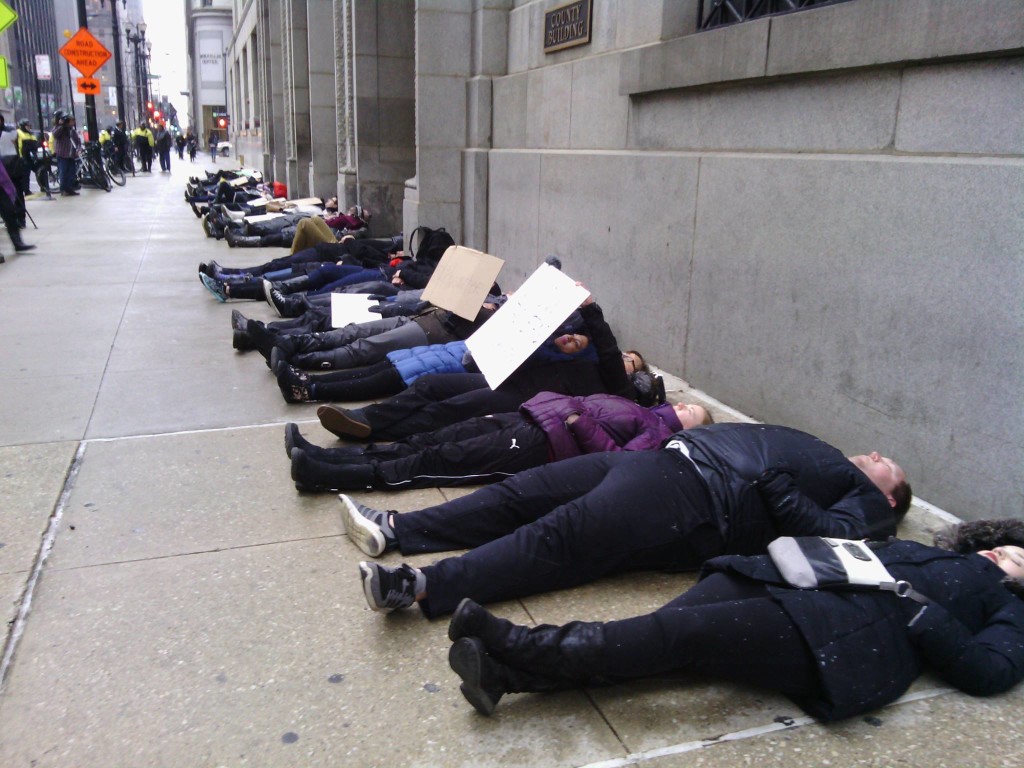
 This has been an inspiring journey for me and I thank you all for your collective efforts in making this happen. We staged a coordinated event at 20 schools, across 12 states, with hundreds of student and faculty participants. You should all be proud of your efforts! Of course, this is just the first step in the #psychologists4blacklives movement and I hope that together we can keep the momentum going. We are planning to be at the
This has been an inspiring journey for me and I thank you all for your collective efforts in making this happen. We staged a coordinated event at 20 schools, across 12 states, with hundreds of student and faculty participants. You should all be proud of your efforts! Of course, this is just the first step in the #psychologists4blacklives movement and I hope that together we can keep the momentum going. We are planning to be at the 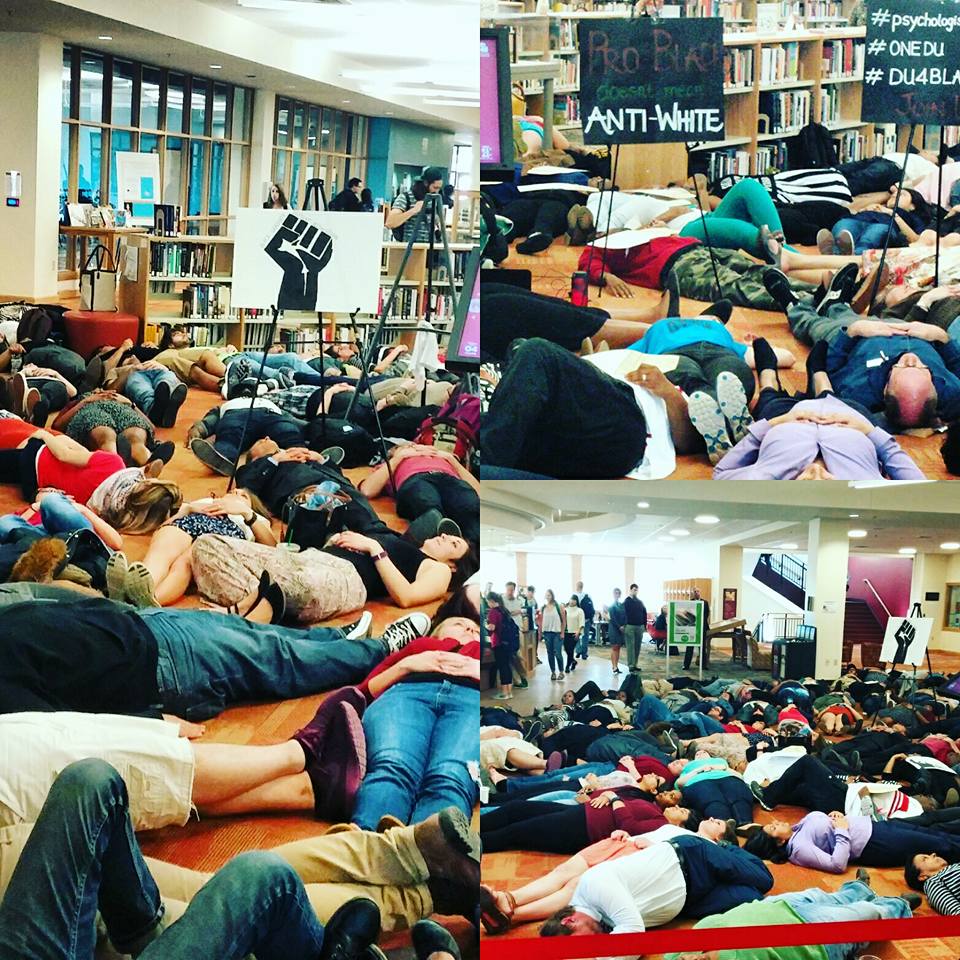
 Schools throughout the country uploaded their pictures as well! Die-In participants at Virginia Commonwealth University, Boston College,
Schools throughout the country uploaded their pictures as well! Die-In participants at Virginia Commonwealth University, Boston College, 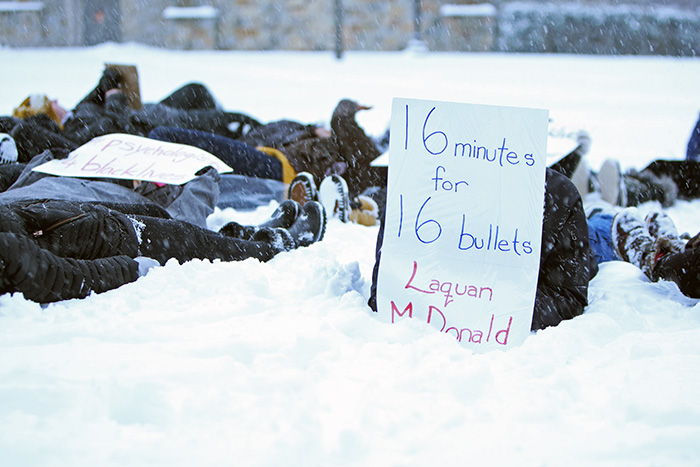
 Participating Schools:
Participating Schools: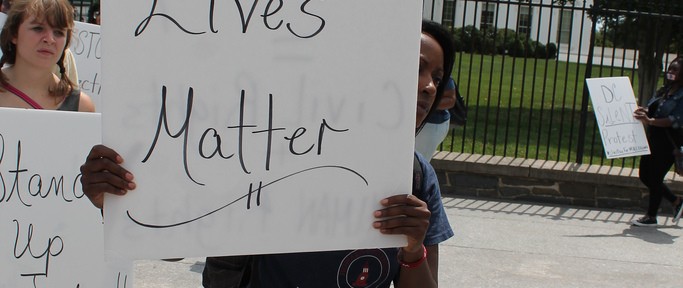
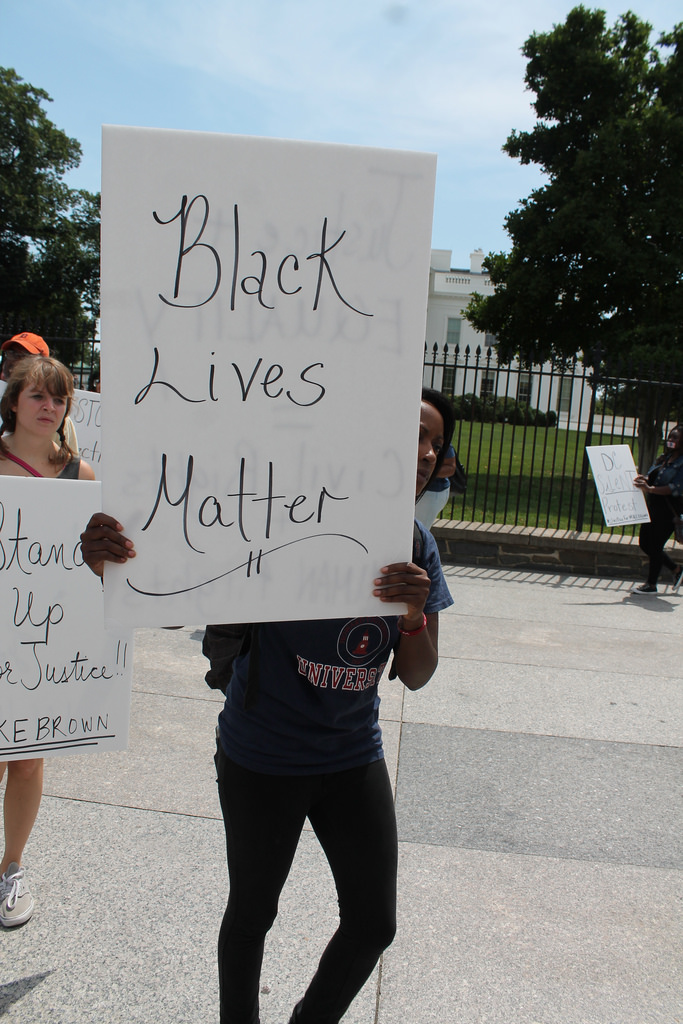
 Damani aspires to be an orthopedic surgeon. He completed a fellowship at APA and previously blogged about
Damani aspires to be an orthopedic surgeon. He completed a fellowship at APA and previously blogged about